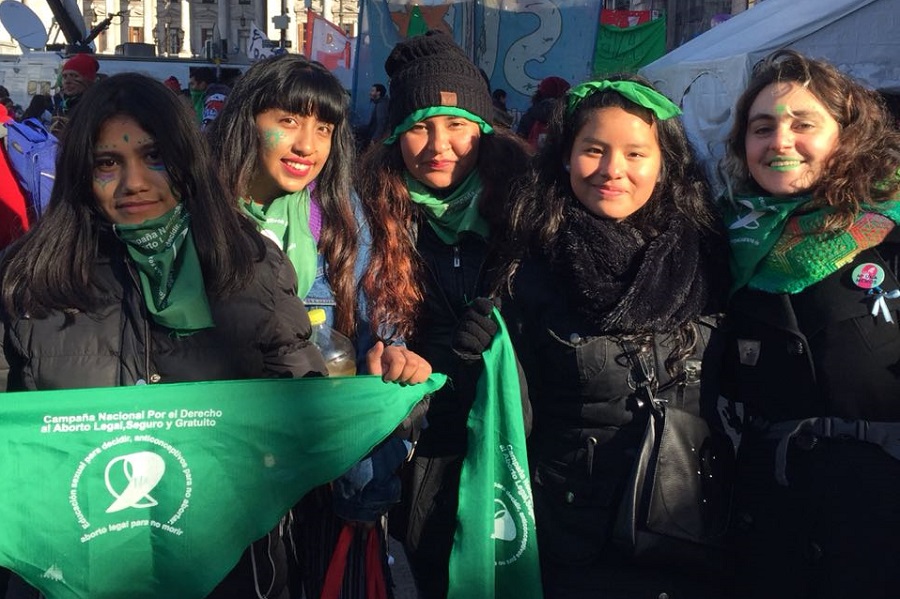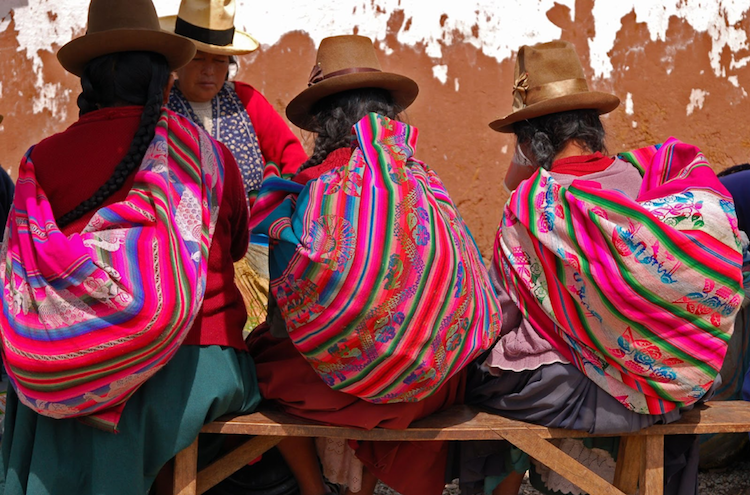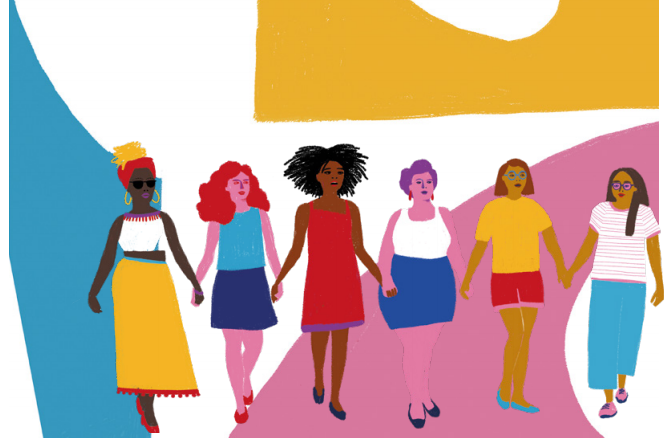Education and gender equality
Different human rights instruments acknowledge the decisive role played by education in the achievement of gender equality and the elimination of gender-based violence and discrimination. At the same time, these instruments oblige States to protect and guarantee the right to education and to a life free from violence and discrimination. Two important and recent CEDAW (UN Convention on the Elimination of all Forms of Discrimination Against Women) general recommendations can be highlighted: General Recommendation Nº 35 on Gender Violence against Girls and Women and General Recommendation Nº 36 on the Right to Education of Girls and Women,where emphasis is placed on the right to have access to education, the rights within education, and the rights through education.
On the other hand, the Sustainable Development Goals (SDGs) include goals and targets addressing the elimination of all forms of discrimination against women and girls, and Education 2030 Framework for Action acknowledges that “gender equality is inextricably linked to the right to education.”
We think that we must urgently break down ideological, cultural and structural barriers to guarantee gender equality and to eliminate gender-based violence and discrimination in and from education. Therefore, States must take action to: guarantee physically accessible schools, through safe environments and routes to education centers, adequate and safe school infrastructure and facilities, and a gender-sensitive approach; formulate nonstereotyped curriculums and educational materials, addressing gender equality, as well as comprehensive sexual education plans; ensure prevention and protection against sexual abuse and other forms of violence and ill-treatment, as well as the allocation of adequate human and financial resources and institutional structures to attain gender equality in education.
With the purpose of bringing about these and other changes to achieve gender equality in and from education, CLADE promotes virtual and face-to-face seminars to discuss related challenges as well as confrontation strategies and possibilities; studies, leaflets and public position papers; dialogue with authorities and other awareness actions; advocacy and communications to provide visibility and to follow up this issue, promoting, at the same time, improvement policies, practices and experiences.
Elimination of gender-based violence and discrimination
The elimination of gender-based violence in education centers and their surroundings is essential to guarantee the human right to education and to promote safe and equal learning environments for all.
Thus, CLADE considers that addressing the different forms of gender-based violence and discrimination in education environments is extremely important, taking into account the issues that make this problem even more serious such as cultural, economic, ideological, technological, political, religious, social and environmental factors as well as harmful traditional practices.
SEE WHAT WE DO (in Spanish)Sexual orientation and gender identity
The educational environment is one of the spaces where situations of discrimination and violence towards lesbian, gay, bisexual, trans and intersex (LGBTI) people are most frequently found because of their sexual orientation or gender identity.
These people face barriers to access safe and quality educational systems, among which intimidation, harassment and threats by schoolmates and teachers are pointed out. Schools often perpetuate and reinforce prejudices, and discrimination and violence in the school setting cause worrying levels of desertion.
SEE WHAT WE DO (in Spanish)






